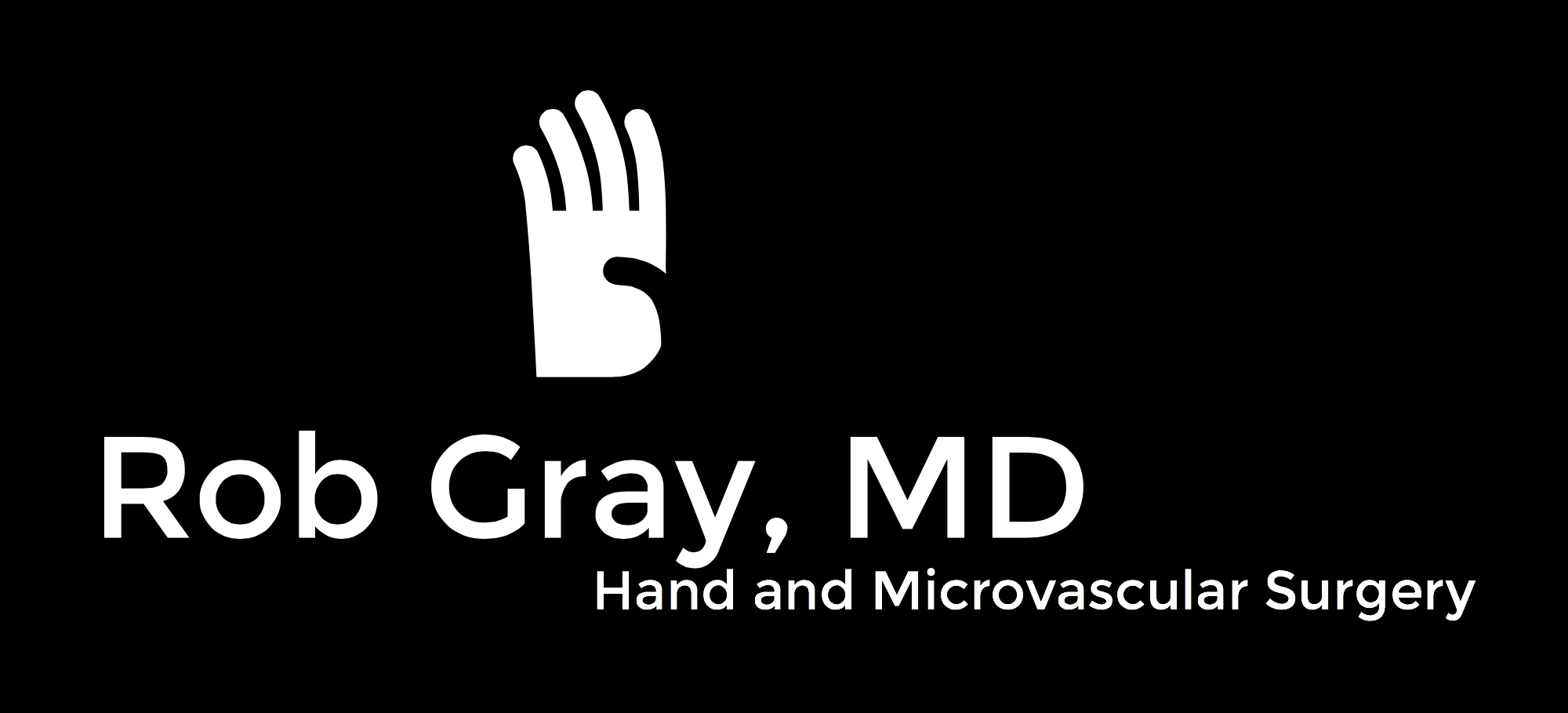Pain Control
Pain is normal following surgery or an injury. In fact, the complete absence of pain can sometimes indicate a problem. Most of the pain in the early postoperative period (first 12-36 hours) is from swelling and inflammation. As this subsides, the pain generally gets a lot more tolerable.
Pain Control
Pain is normal following surgery or an injury. In fact, the complete absence of pain can sometimes indicate a problem. Most of the pain in the early postoperative period (first 12-36 hours) is from swelling and inflammation. As this subsides, the pain generally gets a lot more tolerable.
Regional or Local Anesthesia
Most patients have some form of regional block (performed typically by the Anesthesia Provider) or local block (performed by the surgical team). On average, these last 3-5 hours, but may last until the next day after surgery.
Begin your pain medication before your block wears off so you don't get behind.
NSAIDs
Managing inflammation is the most important thing that can be done. Elevating the limb, applying a large ice bag, and keeping the limb moving (except as restricted by the splint) will help to reduce pain and swelling. For most procedures (except Tenex or repairs of nonunions), a non-steroidal anti-inflammatory (NSAID) medication such as Ibuprofen (Motrin, Advil, etc.), Naproxen (Aleve) or Aspirin can be very beneficial. You should only take one of these medications at a time, but they can typically be safely added to your other medications. Note: You should not take NSAIDs with many blood-thinners, if you have stomach ulcers/colitis, or if you have an allergy. Always consult your primary doctor to make sure that you are safe to take NSAIDs.
NArcotics
Narcotic pain medication may be prescribed for you as well. This medication is closely controlled by the state and calling in prescriptions or refills can be difficult, if not impossible once you leave the office or hospital. It is important that you take your non-narcotic medication as well and that you wean yourself off of it as soon as your are able. Most patients end up taking narcotics only at night after the first few days. Contact your pharmacist for safe methods to dispose of excess medication.
Colace
Be aware that narcotics may constipate you. We routinely prescribe Colace (docusate sodium) as a stool softener, which you should take as soon as you start taking your narcotics. It is available over-the-counter and without a prescription. Do not wait to become constipated--you will be uncomfortable.
Vitamin C
We routinely prescribe Vitamin C (500mg/day x 60 days). It is available over-the-counter and without a prescription. This has been shown to help with pain and prevent the development of Complex Regional Pain Syndrome (CRPS), particularly in the setting of wrist fractures. It can also help with wound healing and minimize scar formation. I recommend the chewables, particularly the gummies, simply because they are delicious. Keep them away from kids though, they will think they are candy.

